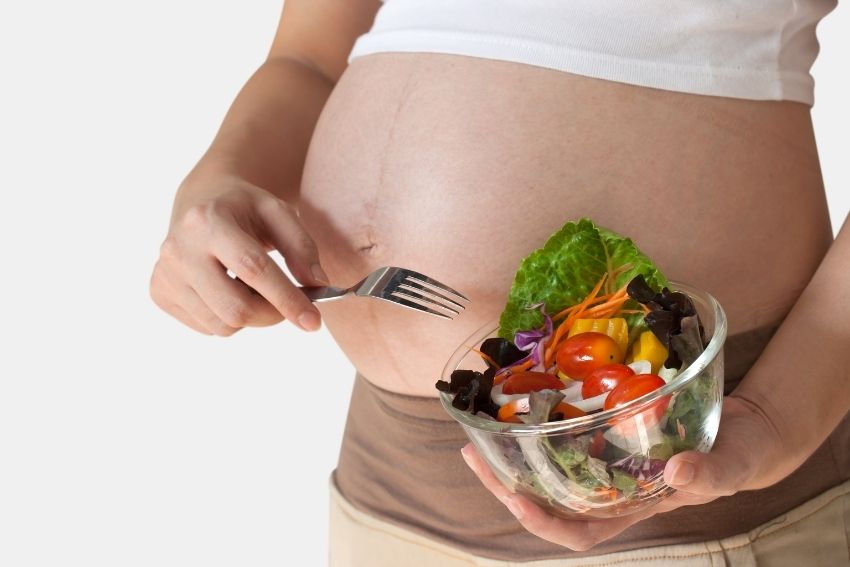Gearing up for Summer: Nutrition for New Mothers
Healthy nutrition is vital for everyone, but it’s especially crucial for new mothers who are recovering from pregnancy, birth, and delivery while also trying to keep their families healthy and happy. Here are some helpful nutrition tips for all new moms :


- Avoid Dieting – Avoid fad diets and calorie counting, and instead concentrate on eating enough of the good stuff while limiting the bad. You’ll need a lot of calories, but the majority of them should come from whole meals. Stock up on nutritious foods. You’ll be more likely to eat the way you should eat if your cabinets and refrigerator are stocked with nutritious goods. The main focus should be on nutrient-rich diets such as whole grains, lean meats and proteins, fresh fruits and vegetables, nuts, beans and other legumes.
- Consume adequate amounts of Fluids – Drink plenty of water. When breastfeeding, most women notice that they are thirstier. To quench your thirst, liquids like juice, water, and milk might help. Liquids can come in any form, although caffeine-containing liquids should be avoided. It is not required to drink beyond your thirst, but drinking something whenever you feel thirsty is a good idea. Keep a glass of water near your preferred nursing spot or grab something to drink while breastfeeding.
- Consume enough Calories – The best indicator of how much you should eat is generally your own hunger. Mothers are more hungry during the first several months of nursing, and you should not disregard hunger pangs when making milk for your infant. While breastfeeding, grab a one-handed snack or keep wrapped snacks near your preferred breastfeeding place. To acquire the calories, vitamins, and minerals you need to stay healthy and eat a variety of meals. Experts recommend that you should consume at least 2,000 calories per day while breastfeeding, with your ideal caloric intake being 500 calories higher than when your pregnancy journey began.
- Avoid Caffeine – Caffeinated beverages can make your baby nervous or irritable and make it difficult for him or her to sleep, especially if you consume too much caffeine or consume it rapidly. When breastfeeding, stick to caffeine-free beverages. If you can’t live without coffee, keep your daily intake to two eight-ounce servings per day.
- Avoid Tobacco – When nursing or pumping, it is advisable to avoid tobacco usage. Tobacco use can cause a newborn to have a faster heartbeat, restlessness, vomiting, or diarrhea because nicotine and its metabolites transfer into milk. Tobacco smoking can interfere with milk let-down and diminish the amount of milk you produce, in addition to its potential consequences on the infant.
